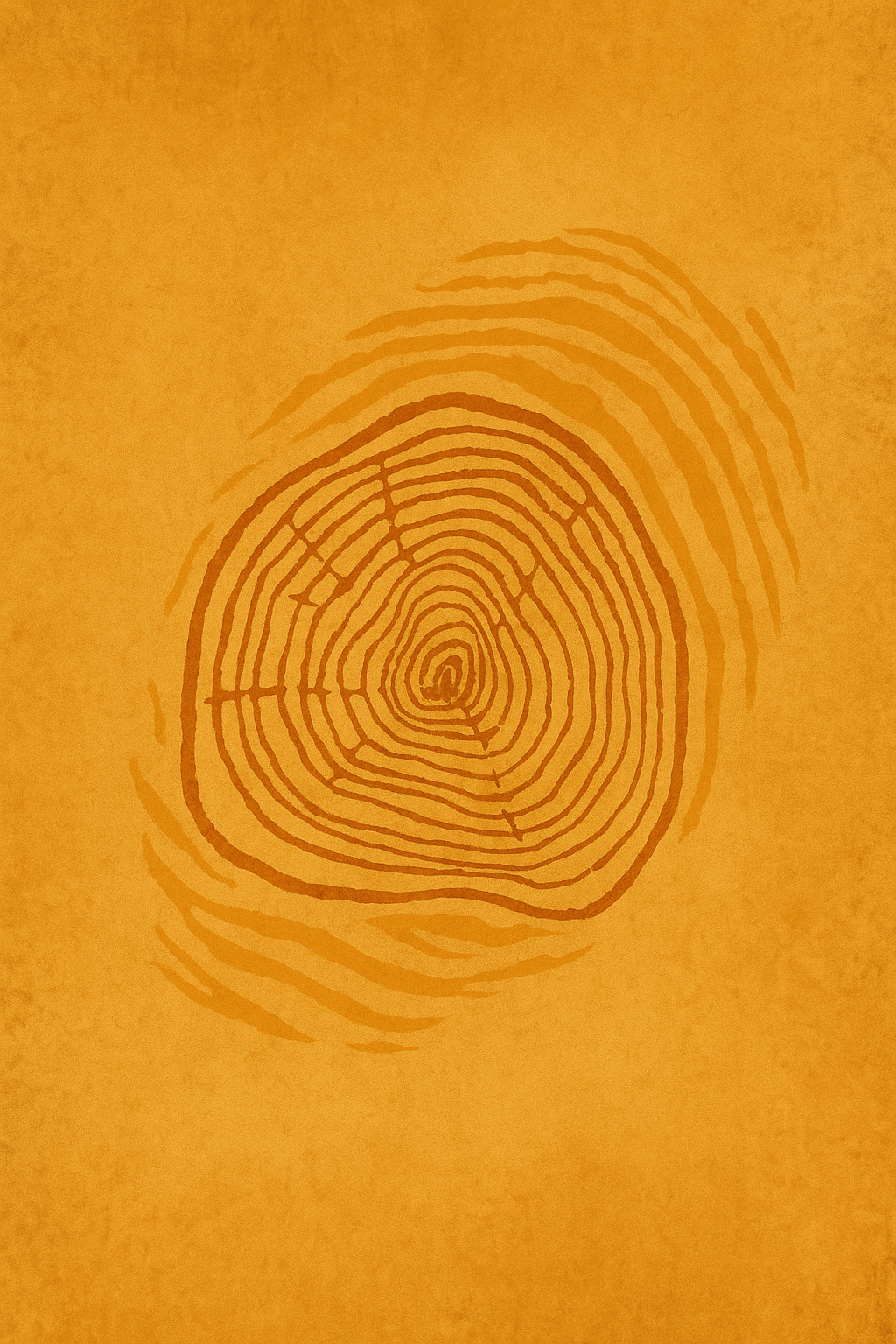OutGROWing the G.R.O.W model in coaching
The evolution of coaching from psychotherapy and how Body-Oriented Coaching is outgrowing G.R.O.W.
By Sam Taylor
Backwards or Forwards or Something Else?
It is often said that one of the main ways of distinguishing between coaching and psychotherapy is in their relation to time: the past, present and future. As a general rule, psychotherapy normally focusses on healing the past through the present; meanwhile, coaching focuses on using the present to improve the future. This has been the established norm ever since the 1980s, when coaching first originated.
And yet, this is now beginning to change. At The Somatic School, we are finding that a third way is particularly impactful: using the present moment to embody and step into the emerging future.
In our view, working in this way is more closely aligned with the reality of how change happens, and is also more effective for clients. While being supported by the latest neuroscience, this approach also echoes the work of the most cutting edge systemic change technologies.
Let’s take a look at the psychotherapy model and how the coaching model evolved from this and take a sneak peak at where it might be heading.
(Pssst… this exploration might explain why you’ve been outgrowing your GROW toolkit.)
Psychotherapy: using the present moment to heal the past
Ever since the birth of modern psychotherapy, with the work of Sigmund Freud, the primary orientation of this work has been to use the present moment to heal the wounds of the past. One of the foundational psychoanalytic insights has been to understand that we all have a tendency to transfer potent feelings, needs, expectations, and beliefs from childhood or from former relationships onto the people in our daily lives, whether they are our intimate partners, friends, or acquaintances. Freud understood that replaying the past in this way (through ‘repetition compulsion’) often led to the unhelpful results his patients were experiencing in their lives.
Building on this insight, many talk therapy modalities focus on what the psychiatrist Daniel Siegel has coined as “narrative integration”: that is, they focus on considering the past so as to make sense of it and develop a coherent story of how we have come to be as we are as adults. Making sense is a source of strength and resilience that offers us a more empowering way to make meaning from our lives in the here and now.
In this model of psychotherapy, awareness and making sense is the necessary prerequisite for acting differently in the present and thereby changing our futures. As we break the past-affirming cycle and rewrite storylines of our lives, we create “corrective-emotional experiences” through our actions that literally rewire our brains, and, in turn, change our view of our world. Or so the theory goes!
Coaching: Using the Present Moment to Plan a Better Future
Where psychotherapy developed on the basis of the exploration of the past and creating alternative histories with therapeutic qualities, coaching was inspired by the work to create empowering alternative futures.
Timothy Gallwey’s ‘Inner Game’ revolutionised tennis coaching and served as the model for the birth of performance coaching. By setting targets the tennis players really wanted to achieve, and facilitating their own inner exploration and learning towards effective solutions, Gallwey found that powerful results could be achieved. Today, coaching approaches are used the world over as impactful facilitative learning methods - and we have Gallwey to thank for this.
Perhaps the most famous model in coaching, GROW, best captures the essence of Gallwey’s work. Developed by Sir John Whitmore and gaining huge popularity in the 1980s and 1990s and is still ubiquitous today.
Underpinning this model is the concept that we can plan our lives as we would plan a journey. First, you decide where you are going (the Goal), and establish where you currently are (your current Reality). Following this, you explore various routes (the Options) to your destination. In the final step, establishing the Will, you ensure that you're committed to making the journey, and are prepared for the obstacles that you could meet on the way.
The simplicity and immediacy of this approach has driven its global adoption. However, there are a number of reasons why it is now beginning to be superseded…as we shall see.
The Next Evolution is on the Horizon
The world of coaching has continued to evolve. Coach practitioners have become increasingly interested in behavioural dimensions, underlying beliefs systems, and the relational aspect of the work. Drawing on research bases emerging from psychotherapy.
However, GROW has maintained its popularity as a broad frame that could interface with all these different approaches.
It may now be time to revisit this. It makes sense for coaching to evolve beyond it. We’ll explain why.
By nature, GROW encourages focusing on developing idealised visions of the future and then problem solving and project managing our route to achieving them. Instead, we feel that visioning should be something far more dynamic and embodied: something that is closer to the reality of making change happen.
It is important to note that the GROW model arose at a moment in history marked by the proliferation of management approaches predicated on the idea of trying to predict and control the future. As early as 2012, Jonathan Passmore and Stefan Cantore suggested that one "argument against behavioural-based approaches such as GROW is that their goal nature excludes the potential to explore wider aspects of life.” Now, in 2024, it is far easier to see quite how unpredictable life actually can be. The illusion of the predictable future is wearing thin.
After all, who could have foretold the nature of the pandemic, the upswell of socialist movements and political unrest, and the ongoing global disruption that we are experiencing? It might be more accurate to say that there are many more things in life that are completely unpredictable than those we can reliably and definitively foresee.
Another argument against taking a linear approach to goal setting lies in the realm of the emotional drivers that underpin our behaviour. When we set goals for ourselves, we often also impose a “should”—as in “I should be X in five years’ time”. In doing this, we create an attachment to that outcome. This actually impairs our ability to capitalise on new, unpredicted opportunities in the present moment. Remaining focused on a future idea, we become less present and we do not stay open to what is arising around us that diverges from our expectations.
Could Body-Oriented Coaching be the Answer?
The coaching profession continues to evolve new forms. At The Somatic School we teach Body-Oriented Coaching as a methodology for working with the emerging future - an approach that parallels the work of Regenerative Design experts, Process Thinkers, and systemic change pioneers like Otto Scharmer and his Theory U.
We strongly believe in the unfolding nature of truly transformational work. If you’re working with the whole integrated self (body-and-mind, bodymind) then the process feels organic, just like riding a bike. Listening into the internal signals and data that our bodies naturally know.













